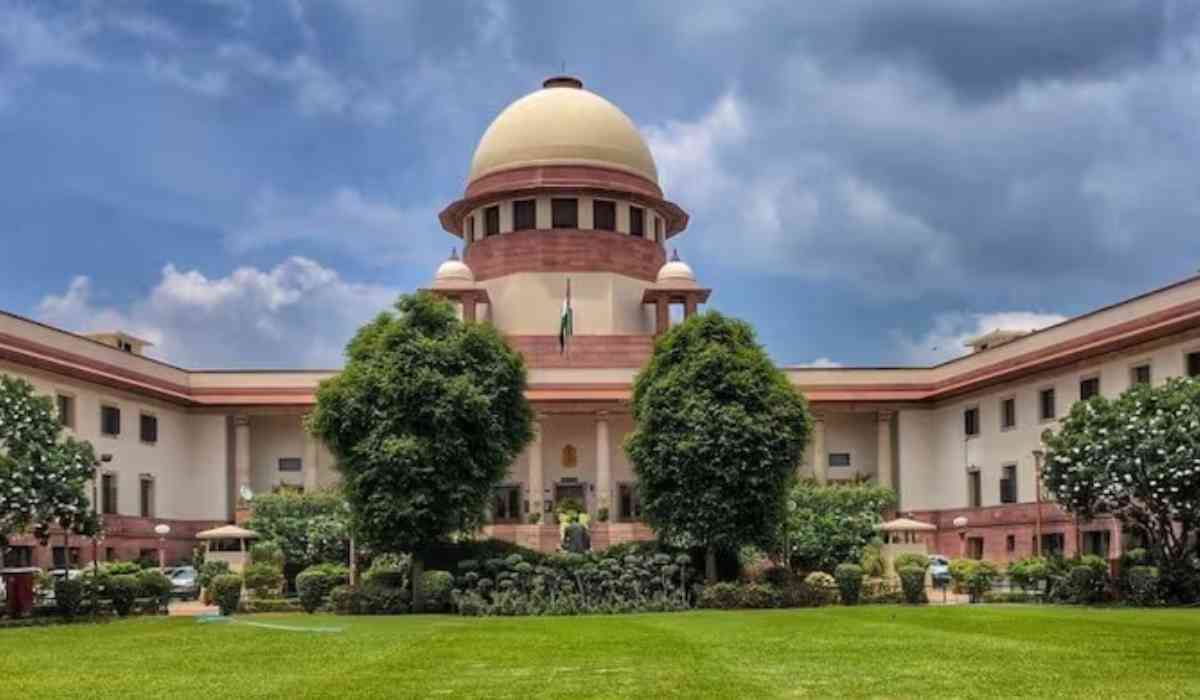The Supreme Court has expressed strong disapproval of the central government and the Army for appealing against a tribunal’s decision to grant a liberalised pension to the widow of Naik Inderjeet Singh, a soldier who died during a counter-terrorism patrol in Jammu and Kashmir. The Court described the appeal as unwarranted and criticised the financial and emotional burden imposed on the soldier's widow.

Thousands of Appeals on Benefits Pending in Courts
Reports indicate that the Ministry of Defence has approximately 3,000 pending appeals in various courts concerning death and disability benefits awarded by tribunals. This backlog has prompted concerns over delays in delivering justice to affected families.

A Supreme Court bench comprising Justices Abhay S. Oka and AG Masih questioned the rationale behind filing such an appeal. “It’s extremely harsh. He was a soldier of this country who served in challenging conditions. How can you appeal against a widow’s rightful claim?” the bench remarked, highlighting the need for empathy and fairness.
The case pertains to Naik Inderjeet Singh, who succumbed to a cardiac arrest during a patrol in January 2013. Despite his death being classified as a "battle casualty" by his commanding officer, Singh’s widow was granted a special family pension instead of the liberalised family pension, which provides higher financial support.
In 2019, the Armed Forces Tribunal (AFT) ruled in favour of Singh’s widow, granting her the liberalised family pension with arrears and compensation. However, the government and Army challenged this decision in the Supreme Court.
The Court questioned the validity of the appeal, especially given the circumstances of Singh’s death. “He was performing patrolling duties in extreme weather. His death cannot be trivialised by denying his family a liberalised pension,” the bench noted.
Government’s Defence Rejected
Additional Solicitor General Vikramjeet Banerjee, representing the government, argued that distinctions between "battle casualty" and "physical casualty" were clarified in a 2019 judgment. He expressed concerns that granting liberalised pensions in all cases could undermine the recognition given to soldiers who die in direct combat.
The bench rejected this argument, stating that the facts of Singh’s case did not align with the precedent cited. “This man was on operational duty in war-like conditions. Denying his family the benefits he earned is unjust,” the Court said.
Supreme Court Criticises Financial Burden on Widows
The Court criticised the government for filing appeals that impose financial and emotional hardships on widows. “This is a widow of a soldier who died serving the nation. Forcing her into prolonged litigation is unacceptable. We will impose actual costs in such cases to deter frivolous appeals,” the bench warned.
The Court reserved its judgment and announced its intention to establish guidelines to ensure fairness in pension-related cases. The AFT’s 2019 ruling had already entitled the widow to a liberalised family pension, arrears from 2013, and an ex-gratia payment for battle casualties, with penalties for delayed disbursement.
This case is expected to set a significant precedent for the resolution of pending appeals related to death and disability benefits. With thousands of such cases awaiting decisions, the Supreme Court’s forthcoming guidelines could streamline the process and provide much-needed relief to soldiers’ families.
With inputs from agencies
Image Source: Multiple agencies
© Copyright 2024. All Rights Reserved Powered by Vygr Media.





















